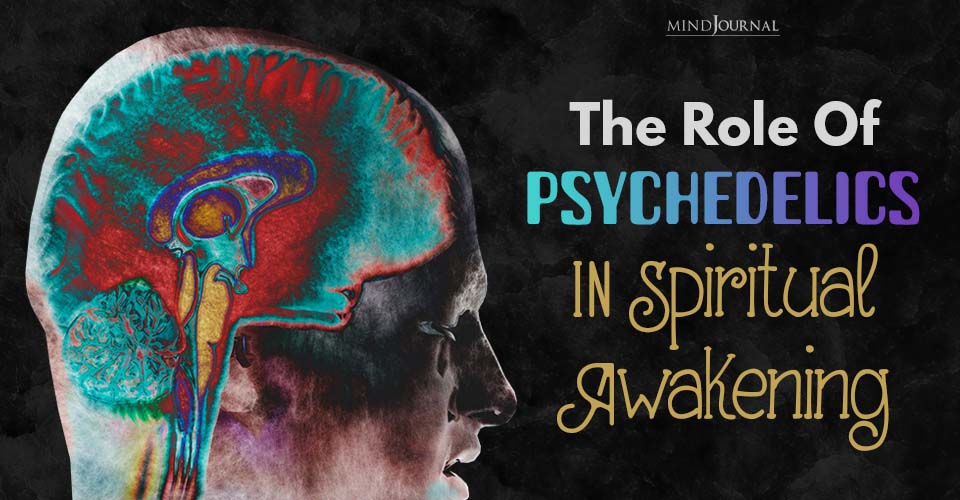There are various kinds of IQ tests available and one type is the psychology IQ Test. It is a standard test that will tell you about your knowledge and expertize in the field of psychology. So what are you waiting for? Take this interesting test now!
While I’d hardly call myself a psychology genius by any means, I have been teaching psychology courses continuously at the college level since 1994. And I recently wrote the book Own Your Psychology Major! A Guide to Student Success (published by the American Psychology Association). So I figure I know a thing or two.
Based on this experience, I thought it’d be useful to put together a straightforward quiz to help people gauge their basic knowledge of the field of psychology. Good luck!
Take This 10-Item Psychology IQ Test To Gauge Your Understanding Of Psychological Concepts.
1. Piaget’s Ideas On Cognitive Development Largely Focus On Which Of The Following:
- A. How young adults come to understand abstract philosophical concepts
- B. How young adults come to understand technical concepts such as algebra
- C. How young children come to understand dimensions of the physical world, such as volume
- D. How young children come develop social and emotional skills
Related: The Dunning-Kruger Effect (And How To Avoid This Cognitive Bias)
2. Classic Research On Social Influence, Such As Stanley Milgram’s Work On Obedience To Authority, Generally Showed That ______.
- A. people are often highly susceptible to situational and social influences in terms of their actions
- B. people are generally highly independent in their thinking and are largely unaffected by social and situational influences
- C. the personality trait of extraversion plays the largest role in shaping how people are influenced by social situations
- D. the personality trait of emotional stability plays the largest role in shaping how people are influenced by social situations
3. The Evolutionary Perspective In Psychology Suggests That Many Behavioral Patterns In Humans ______.
- A. were shaped to help the species of Homo sapiens survive relative to other species
- B. were shaped by evolutionary forces to facilitate survival and/or reproduction of individuals
- C. are exclusively the result of social-constructionist processes
- D. are unrelated to such forces as natural and sexual selection
4. Nerve Cells, Also Called ____, Release Chemicals Called _____ Which Underlie Psychological Phenomena.
- A. t-cells; hydroblasts
- B. neurons; hydroblasts
- C. t-cells; neurotransmitters
- D. neurons; neurotransmitters
5. Experimental Methods, Including Such Processes As Random Assignment To Conditions, Are Largely Designed To Allow Researchers To See ______.
- A. if two variables are causally related to one another
- B. if two variables are negatively correlated with one another
- C. the effects of dispositional influences on behavior
- D. the effects of demographic factors on behavior
6. In Terms Of Visual Perception, Animals That Are Largely Nocturnal Tend To Have Disproportionately High Numbers Of These Cells In Their Retinas:
- A. t-cells
- B. b-cells
- C. rods
- D. cones
7. The Field Of Psychology That Largely Focuses On Psychological Processes As They Play Out In The Workplace And In Organizational Contexts Is Known As Which Of The Following?
- A. Office Science
- B. Counseling Psychology
- C. Political/Educational Psychology
- D. Industrial/Organizational Psychology
Related: 12 Useful Psychological Tricks That’ll Give You An Edge When Dealing With People
8. Work On Attachment Styles In Young Children Generally Relates To How Securely Children Are Attached To ______.
- A. their friends
- B. their toys and pets
- C. their caregivers
- D. adults in general
Related: Disorganized Attachment Style: Why It Is The Most Insecure Form Of Attachment
9. Which Of The Following Is NOT Considered One Of The “Big 5” Personality Traits (Traits Thought To Underlie Most Of The Traits That Characterize Human Personality)?
- A. open-mindedness
- B. emotional intelligence
- C. neuroticism
- D. extraversion
10. Freud’s Brand Of Therapy, Known As Psychoanalysis, Is Famous For Largely Focusing On Which Of The Following:
- A. learning processes
- B. the unconscious
- C. cognitive-behavioral outcomes
- D. operant conditioning
Related: What You See First Reveals Your Deepest Unconscious Fear: Visual Personality Test
Answer Key:
1. C: Piaget’s famous work focused on how children develop in terms of their understanding of the physical world, such as how they come to learn about the volume of liquids.
2. A: Classic work on the topic of social influence by researchers such as Stanley Milgram is famous for showing how highly influenced human behavior is by situational and social factors that are external to the person.
3. B: The evolutionary perspective in psychology focuses on a Darwinian perspective, which addresses how behavioral attributes can be thought of as adaptations that help to facilitate survival and reproduction of individuals within a species.
4. D: The nervous system is comprised of millions of nerve cells called neurons that release chemicals called neurotransmitters that underlie psychological phenomena.
5. A: Experimental methods in psychology are designed to see if two variables are causally related to one another (in other words, to see if scores on Y are caused by scores on X).
6. C: Rods on the retina largely serve the function of facilitating vision under low-light conditions. Many nocturnal animals have high proportions of rods on their retinas as an adaptation to such conditions.
7. D: Industrial/Organizational Psychology is the sub-field that focuses on psychological processes in work and organizational contexts.
8. C: Work on attachment styles in children primarily focuses on how children are behavioral attached to their caregivers.
9. B: The Big Five personality traits are extraversion, neuroticism, open-mindedness, agreeableness, and conscientiousness. Emotional intelligence is not one of them.
Related: What Is Your Most Dominant Introvert Personality Trait? – QUIZ
10. B: A core idea that underlies Freudian approaches to therapy is that of the unconscious.
So how’d you do? Here is a quick guide to help give you a sense of your general psychology knowledge:
9-10: Psychology ace! You probably majored in psychology and did really well in your classes. Congratulations!
7-8: Not bad! This is about how well a student who has mastered some psychology classes might score.
5-6: Getting there! Seems like you have some knowledge, but you have a bit to learn yet.
4 or lower: You might want to brush up your psychology iq!
References
Geher, G. (2019). Own Your Psychology Major! A Guide to Student Success. Washington, DC: American Psychological Association.
Written by: Glenn Geher, Ph.D.
Originally appeared on Psychology Today
Republished with permission










Leave a Reply